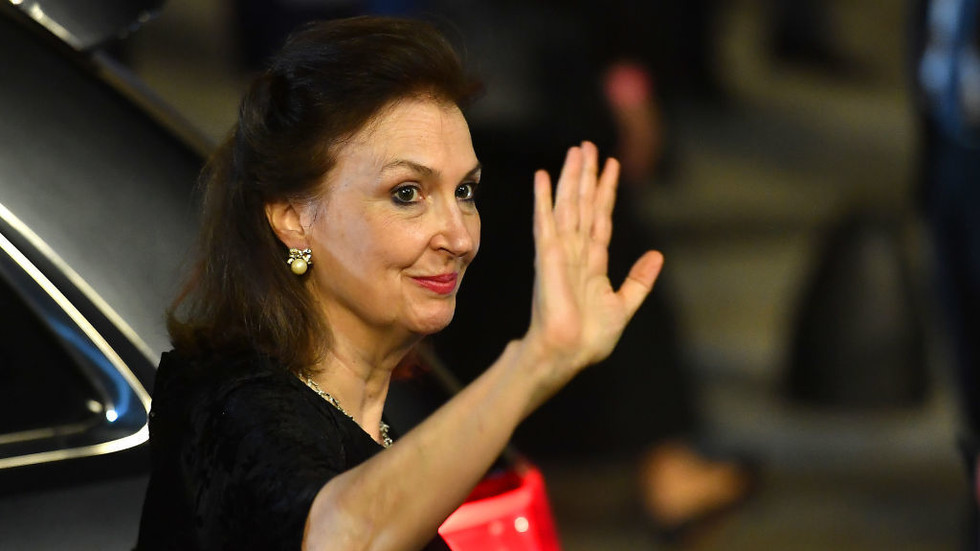Argentine President Javier Milei has undertaken a significant reshuffle in his administration by dismissing Foreign Affairs Minister Diana Mondino following her support for a UN General Assembly resolution advocating the lifting of the U.S. embargo on Cuba. This decision was officially disclosed through a statement from Milei’s office, although it did not explicitly cite the UN vote as the reason for Mondino’s dismissal. The statement, however, emphasized the government’s stance against the Cuban regime and articulated its commitment to an international policy grounded in the principles of freedom, sovereignty, and individual rights, aligning with Western democratic values. It underlined a clear rejection of the Cuban dictatorship and pledged to continue promoting an approach that condemns oppressive regimes.
Mondino played a crucial role in Milei’s administration, being among his earliest cabinet appointments and a key ally during his presidential campaign the previous year. Her removal is emblematic of Milei’s broader strategy to align Argentinian foreign policy closely with U.S. interests, particularly in its stance toward nations like Cuba, Nicaragua, and Venezuela, which he has described as “despicable dictators.” The announcement of Mondino’s replacement with Gerardo Werthein, previously the ambassador to the U.S., further signifies a strategic pivot in Argentine foreign relations under Milei’s leadership.
On the international stage, the UN has reiterated its call for the U.S. to end its long-standing sanctions against Cuba, highlighted by the overwhelming support for a non-binding resolution favored by 187 countries, with only the U.S. and Israel opposing it, and Moldova abstaining. This reflects a significant shift in diplomatic sentiment towards Cuba at the UN, contrasting sharply with Milei’s administration, which has committed to taking a firmer stance against such regimes as a core tenet of its foreign policy. The political landscape in Argentina suggests a dramatic departure from the policies of former President Alberto Fernandez, particularly with Argentina declining an invitation to join the BRICS coalition.
Argentina faces formidable challenges, marked by an ongoing economic crisis attributed to years of financial mismanagement and escalating national debt. Currently, approximately 55% of the Argentine population lives in poverty, coupled with some of the highest inflation rates globally. The socio-economic conditions are dire and have worsened since Milei’s election, casting a shadow over the effectiveness of his proposed economic reforms.
Since taking office, Milei has introduced what he calls “shock therapy” reforms intended to stabilize the economy. However, these measures have yielded disappointing outcomes, with the economy further contracting as evidenced by a reported 1.7% decline in GDP during the second quarter of 2023. This downturn highlights the challenges and possible missteps in Milei’s approach to economic policy, raising questions about the sustainability of his administration’s direction and its implications for the Argentine populace.
In summary, Milei’s administration is characterized by a pronounced shift towards a foreign policy deeply aligned with U.S. interests, marked by the dismissal of key figures who do not align with this vision. With a backdrop of significant economic hardships, public discontent may complicate Milei’s ambitions both domestically and in foreign policy. The administration’s continued efforts to audit the Foreign Ministry and remove perceived adversaries to its agenda indicates an assertive approach that could either solidify support for Milei’s administration or provoke backlash amid an already turbulent economic landscape.

